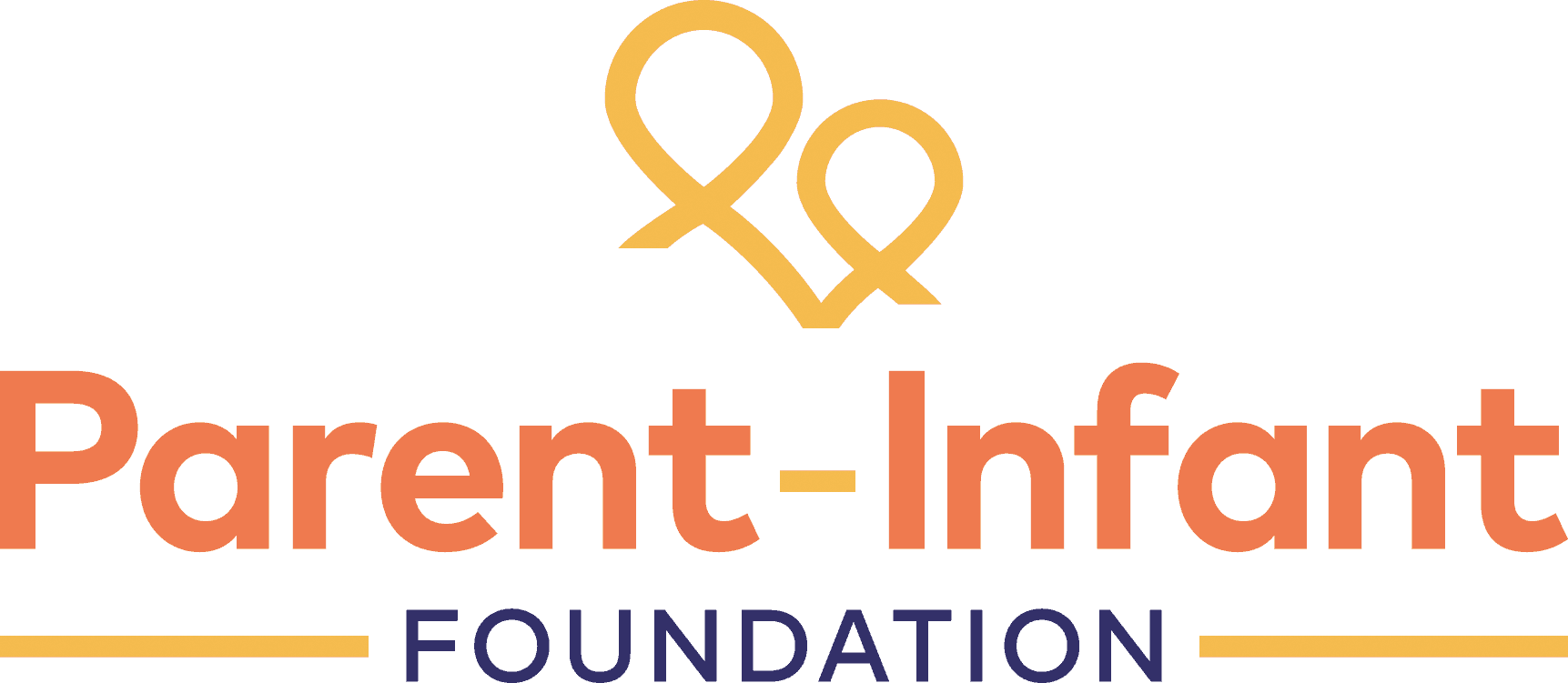The majority of babies have a secure relationship with a sensitive and nurturing adult, giving them a strong foundation to develop physically and mentally. This is not true for approximately 15% of babies.[1]
These are the babies we worry about the most. They have what is known as a disorganised attachment relationship with their primary care-giver. Their lack of emotional connection and interaction with a supportive and nurturing adult can have long term effects on mental health, social, emotional and cognitive development.
There are many factors that can cause problems for early relationships. These might be emotional, social, environmental and physical factors such as parental mental illness, domestic abuse and poverty. Not all families experiencing these adversities will have relationship difficulties, but they do increase the risk of early problems, especially when a number of challenges affect a family at the same time.
A number of interventions can help to improve the relationships between babies and their parents or carers. Where there are severe difficulties, specialised parent-infant relationship teams are expert in supporting and strengthening these important relationships. They can help parents to overcome difficulties, build on existing strengths and develop new capacities to provide the sensitive, responsive and appropriate care needed for their baby to thrive.
As well as working directly with families, they also act as expert advisors and champions, enabling other local services to do more to protect and promote healthy parent-infant relationships in all families.
Footnotes
[1] Van Ijzendoorn, M. H., Schuengel, C., & Bakermans-Kranenburg, M. J. (1999). Disorganized attachment in early childhood: Meta-analysis of precursors, concomitants, and sequelae. Development and psychopathology, 11(2), 225-250.
